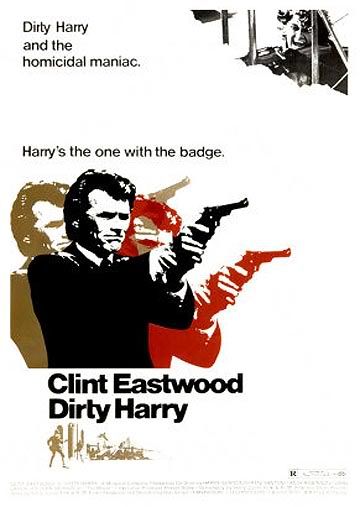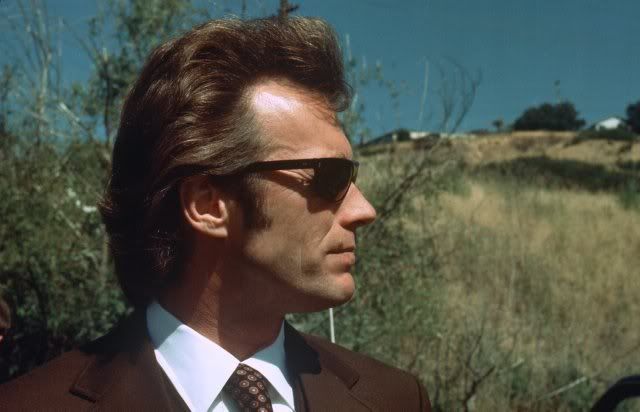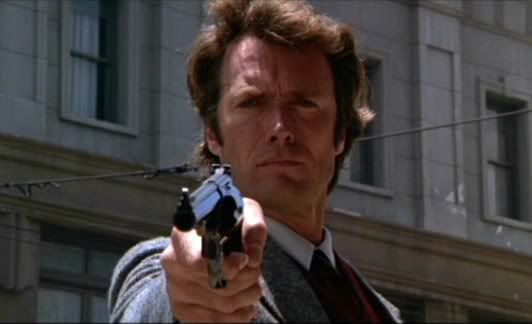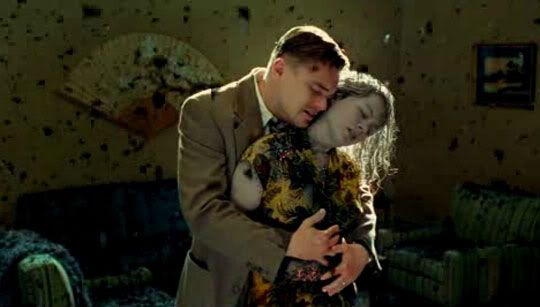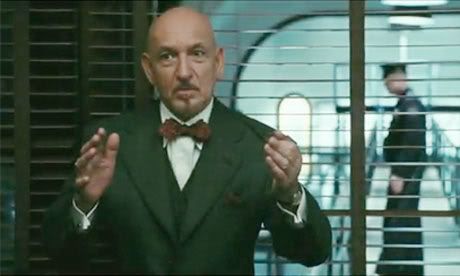Telltale Games has a lot going for them. Their Poker Night games demonstrate some pretty solid design choices, while The Walking Dead is one of the best storytelling experiences I’ve had gaming in recent memory. Adventure games, to me, remain a charming and underrated way of combining gameplay with story, ensuring our actions and choices define the outcome of what’s happening in front of us. I was looking forward to trying out The Wolf Among Us, and recently finished its first episode, “Faith”.
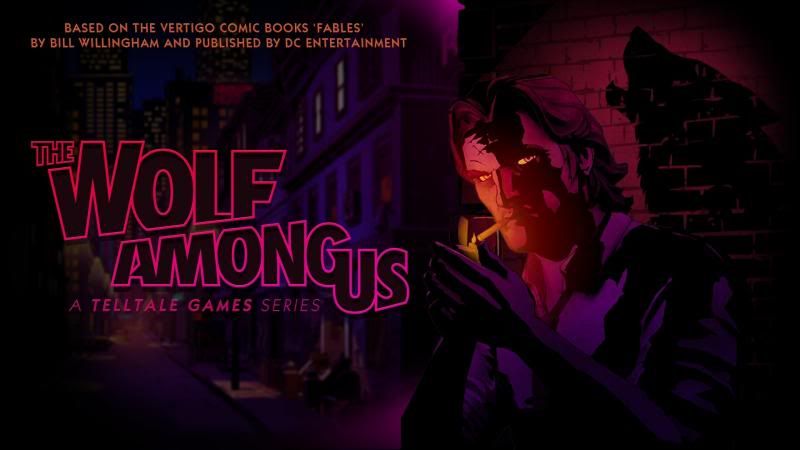
The Wolf Among Us introduces us to the world of Fables. A series of graphic novels from DC’s always-interesting Vertigo studios, Fables are literally fairy tale characters who live in our world. Having emigrated from their original settings, these legendary characters do their best to live among normal humans, with the less than human-appearing ones needing magical spells to pass as everyday people. They live in their own little corner of New York City, dubbed ‘Fabletown’, and order is kept thanks to an unlikely sheriff in the form of Bigby Wolf. He’s our protagonist, but he’s not much of a hero.
In fact, in the past, he’s played the villain most often. As the Big Bad Wolf, he’s gone after and devoured pigs and little girls alike. However, that was the past. The character we see in The Wolf Among Us is much more reserved and far less malevolent, though he still has a surly attitude and is more than capable of beating down someone trying to put a hurt on him. He’s trying to make things better, for himself and for Fabletown, so he tries not to ‘wolf out’ or abuse people. He’s complex and magnetic, a great lens for us to experience Fabletown through, and like all Fables, he’s very hard to kill – this is, after all, a character that once has his stomach filled with rocks before he was thrown into a river. And yet, The Wolf Among Us is something of a murder mystery, meaning Bigby must use skills other than his ability to punch people really hard.
The combat in The Wolf Among Us is an improvement over that in The Walking Dead. Movement keys prompt dodging, the mouse helps Bigby use the environment or strike key portions of an opponent, so on and so forth. Prompts from the environment are also improved. If I had a complaint about the game, it’d be that the on-screen prompts from the environment make puzzles a bit too easy to solve. I’m not sure if you can turn this feature off or not – I’ll just have to play again to find out!
‘Faith’ is a great start to this new series of Telltale episodes. Fabletown is full of great characters, who both maintain the aspects that made them timeless and present them in a new, modern way that smacks of a noir classic. I’m a sucker for the blending of genres in general, and this particular mix is right up my alley. I’m very much looking forward to coming episodes. The Wolf Among Us offers a ‘season pass’ on Steam for all five of its episodes, and you can get individual ones on the console of your choice. It’s definitely worth your time to check out.




